Processing and classifying dried mackerel at Mr. Phan Van Trong's family's facility in Cua Viet commune - Photo: D.V
Stable livelihood
Mr. Phan Van Trong's family in Cua Viet commune has been in the business of steaming and drying fish for export for 15 years. Currently, Mr. Trong's facility is one of the few large-scale facilities in the locality, processing 500 - 600 tons of anchovies and mackerel each year.
Mr. Trong said that thanks to a stable source of raw materials and customers, his family's business operates well, is efficient and has quite high revenue. According to him, the fish steaming and drying business takes place from the 2nd to 8th lunar month every year. The raw materials of the business are mostly purchased from fishermen in the commune and other provinces.
"If fish is available at Cua Viet port, we buy it on the spot. Otherwise, we buy fish in Da Nang or Quang Ngai and use a refrigerated truck to transport it back to steam and dry," said Mr. Trong.
After deducting expenses, Mr. Trong's facility has a profit of about 200 million VND/year. Not only does it bring income to his family, his facility also creates regular jobs for about 20 local workers with an income of 6 - 7 million VND/person/month.
Having worked at Mr. Trong's facility since its establishment, Ms. Nguyen Thi Ha has done everything from processing fish, steaming fish to packing fish into boxes... Due to the nature of her work related to the seafood fishing season, each year, Ms. Ha, like many other workers, only works for about 6 months.
“In this job, we work during the day when the fish come in. My husband goes to sea, I stay home and work for the company. I earn 200,000 - 300,000 VND a day, enough to cover the family's living expenses and send my children to school,” said Ms. Ha.
In Cua Viet commune, there are currently about 50 establishments with a processing output of 300 to over 500 tons of seafood per year. Each establishment creates jobs for about 15 - 20 local people. Ms. Tran Thi Vinh, an agricultural and fishery extension officer of Cua Viet commune, informed that the fish processing and drying profession in Cua Viet commune has made an important contribution to the local economic development, contributing to the consumption of seafood for fishermen with an estimated 20,000 tons per year and creating jobs and stable income for many local workers. With her expertise and duties, Ms. Vinh recommends and guides establishments to strictly follow all processing stages to bring products to the market ensuring quality and food safety.
According to statistics, fish steaming kilns operating in Cua Viet commune can supply the market with about 12,000 tons of products each year, and about 90% of these are exported abroad. Locally produced fish are usually sold at prices ranging from 45,000 to 60,000 VND/kg, depending on the type and quality of fish. |
Environmental concerns
Like many other seafood processing facilities in Cua Viet, Mr. Trong's family is worried about environmental problems. According to him, rapid population growth has reduced land funds. "This causes fish processing to affect the surrounding people, such as: causing bad odors, smoke, noise, and wastewater that is not guaranteed to be discharged into the environment...
Although we know it is a big inconvenience for the people in the village, we do not know how to handle it. Not to mention, due to the limited land fund, we have to rent a further drying area, even drying fish on the roadside," Mr. Trong said. From these difficulties and problems, Mr. Trong hopes that the departments, branches and local authorities will soon complete the concentrated production craft village area to put processing facilities into operation.
Pre-processing and drying anchovies at a seafood processing facility in Cua Viet commune - Photo: D.V
Vice Chairman of Cua Viet Commune People's Committee Tran Dinh Cam said that in addition to continuing to improve the quality and build a brand for OCOP products of Cua Viet steamed fish, the locality is also facing difficulties due to the environmental issues at processing facilities that are not yet guaranteed. To solve this problem, according to Mr. Cam, it is necessary to complete the construction of a concentrated seafood processing village.
“Currently, the transport infrastructure of the craft village is basic, but the electricity, water and land infrastructure have not been built because it requires a large amount of capital. Therefore, the locality hopes that the provincial leaders will continue to pay attention to the completion of this craft village to bring about 50 fish steaming facilities located in residential areas to produce there, in order to ensure environmental hygiene and improve product quality,” said Mr. Cam.
German Vietnamese
Source: https://baoquangtri.vn/tran-tro-nghe-hap-ca-o-xa-cua-viet-195799.htm


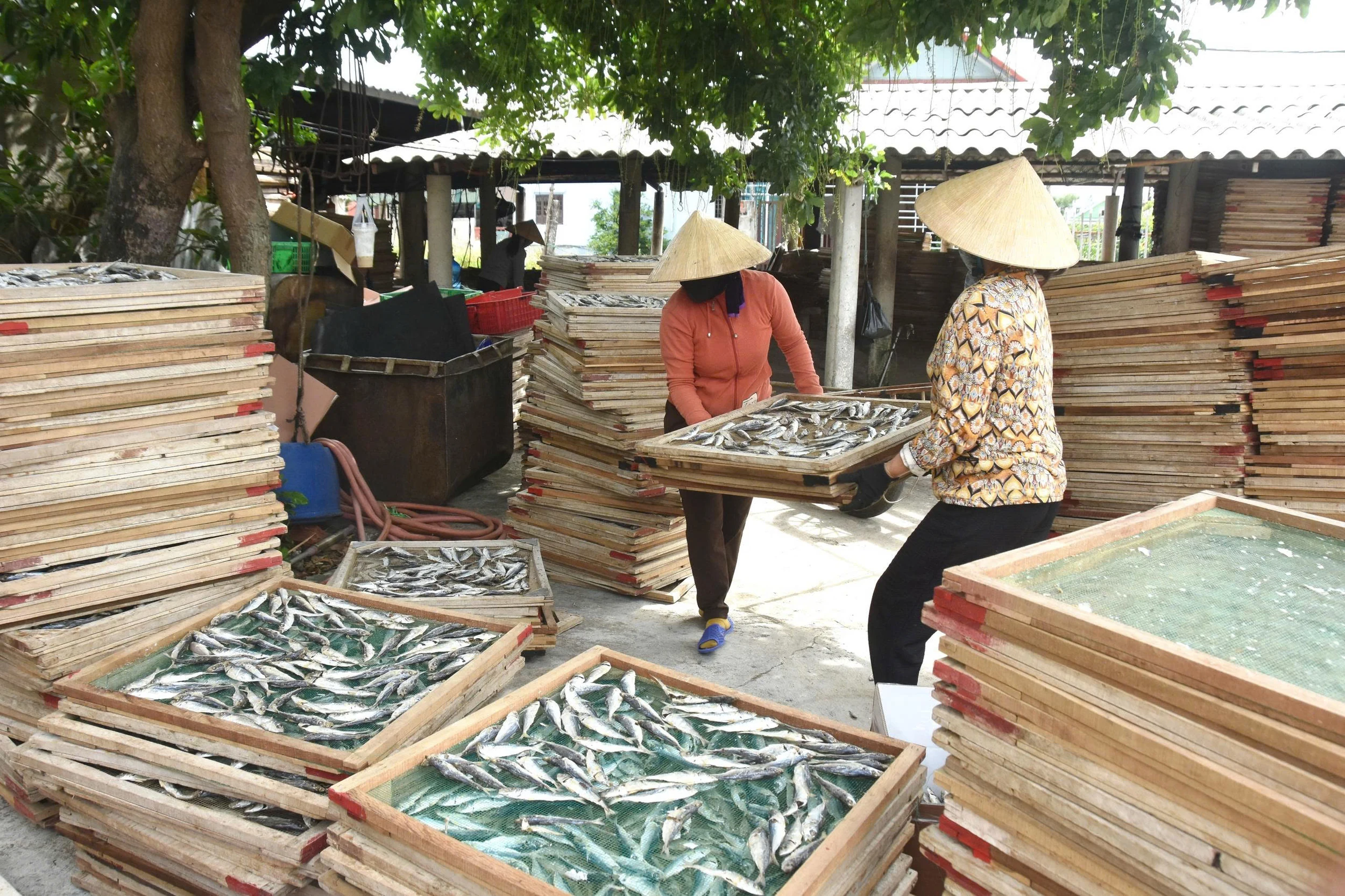
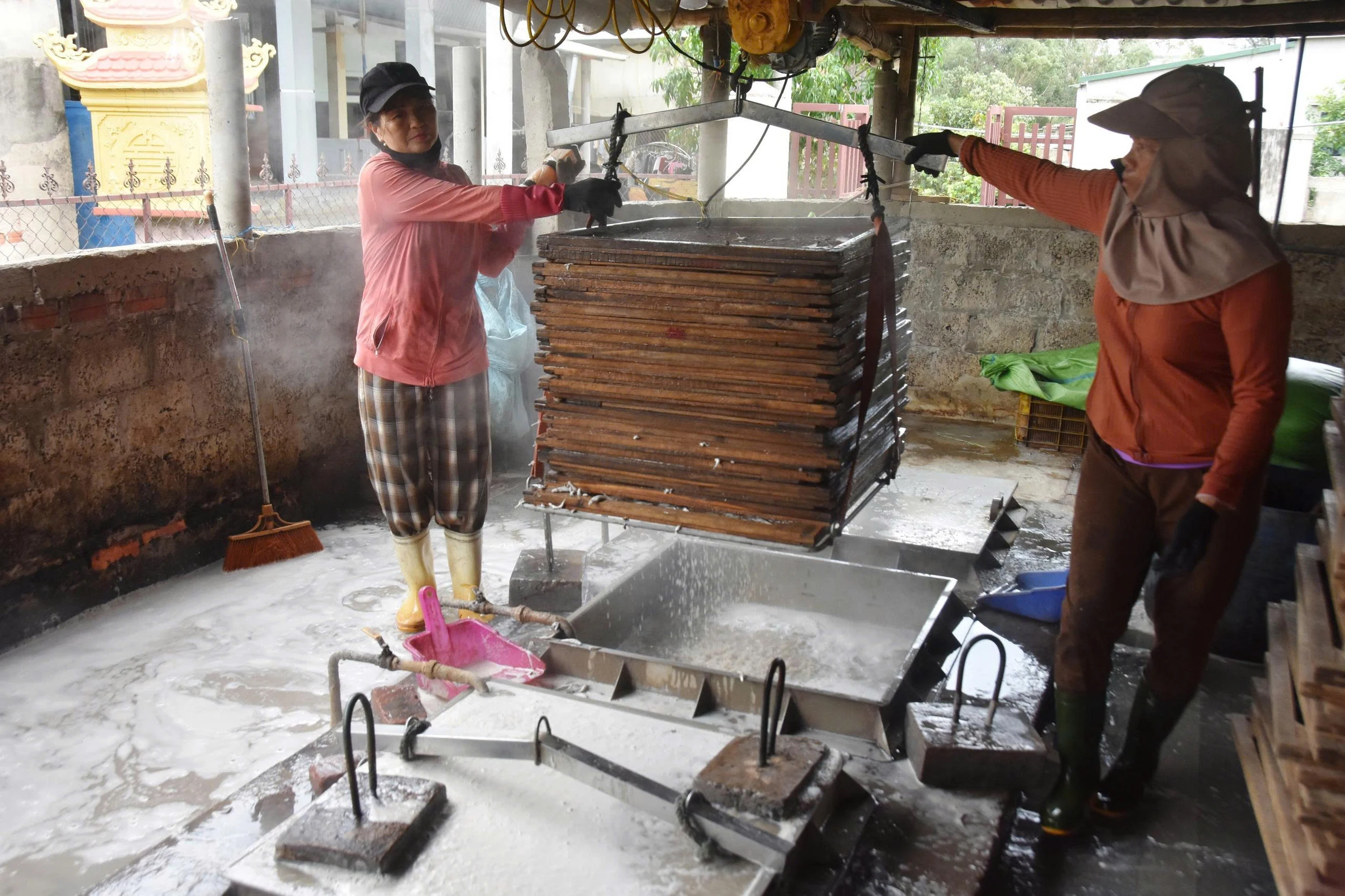
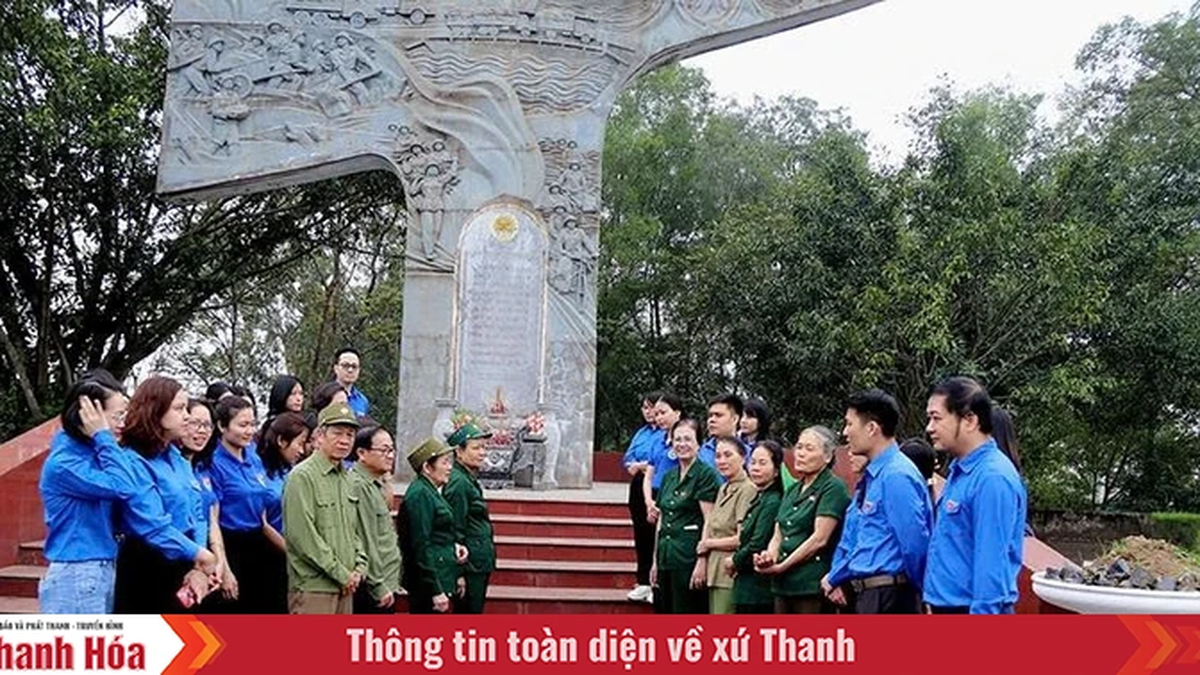
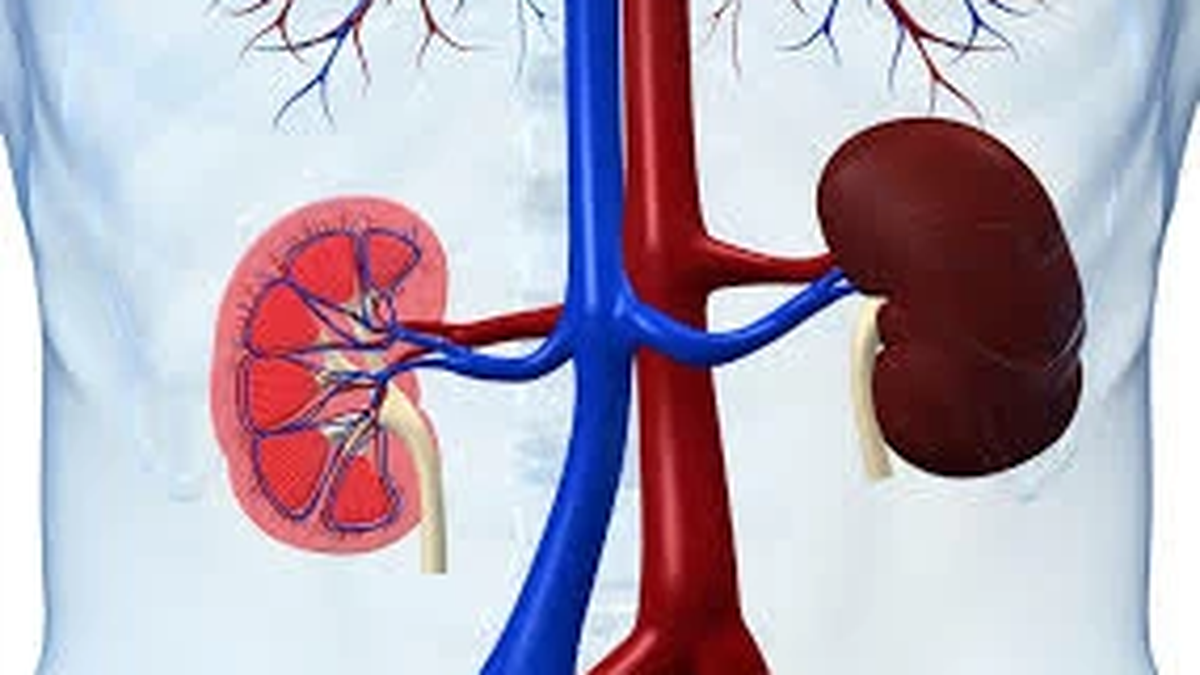
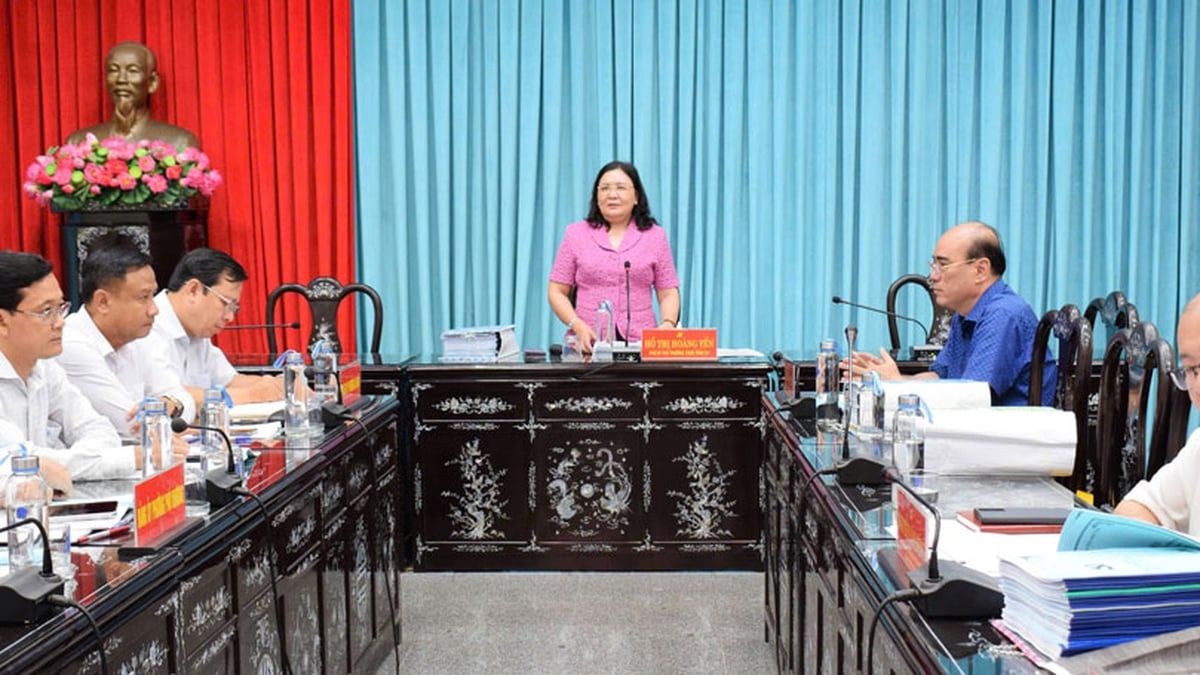

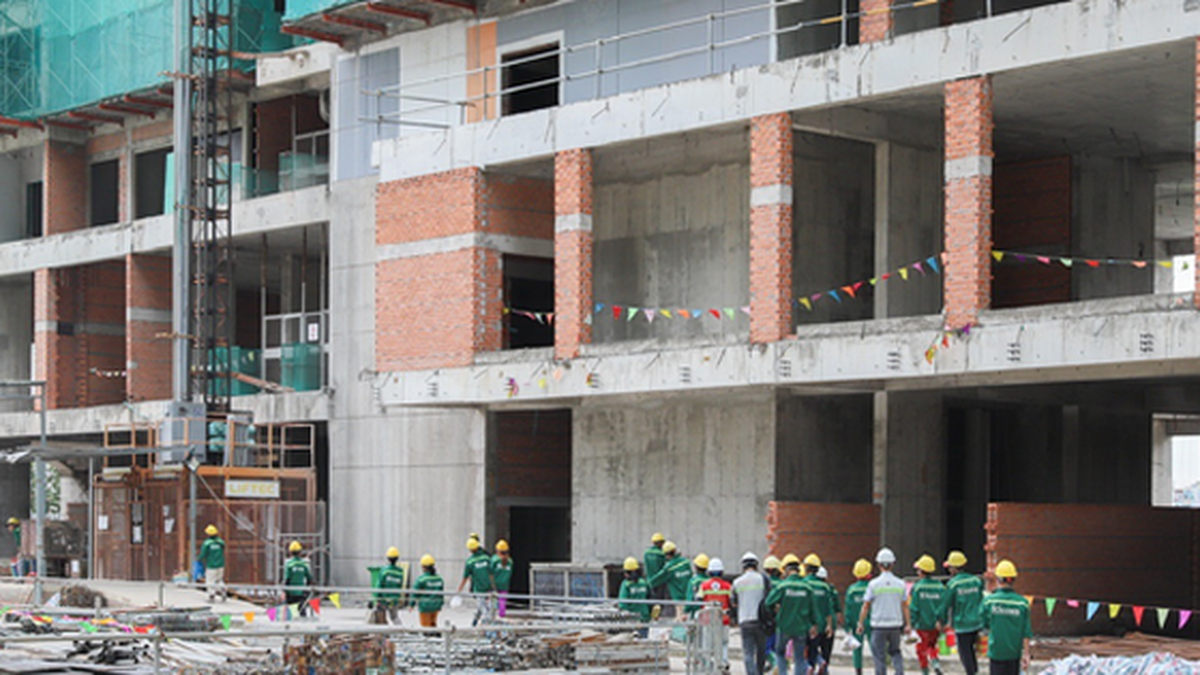

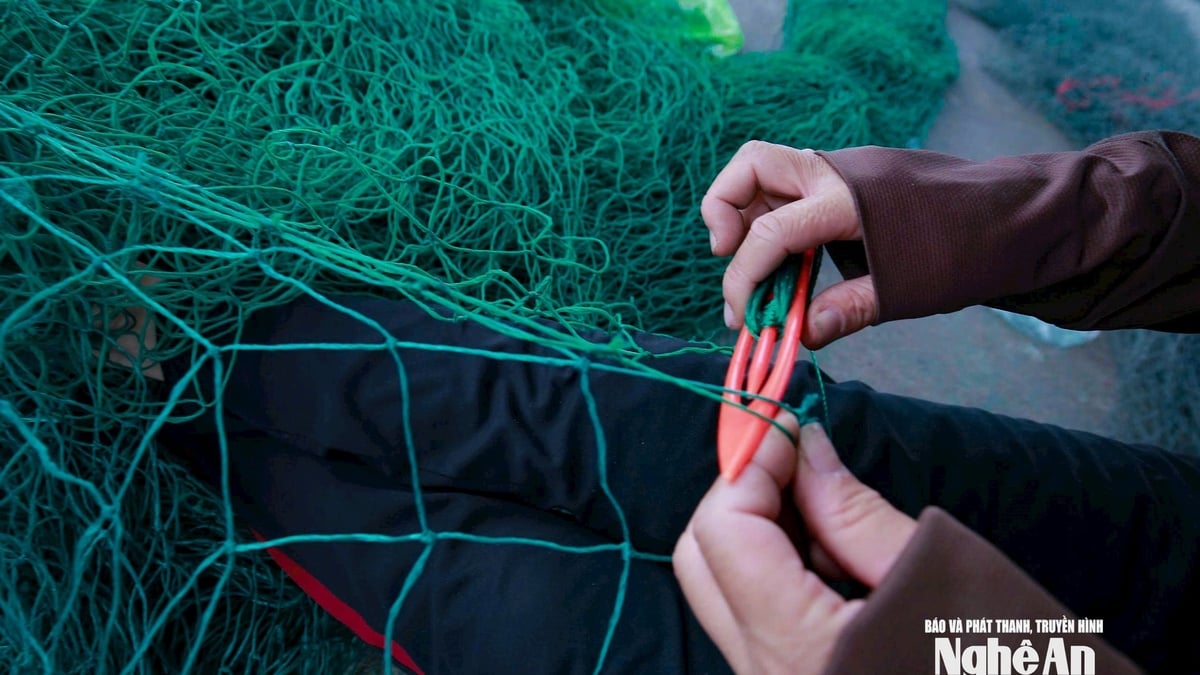
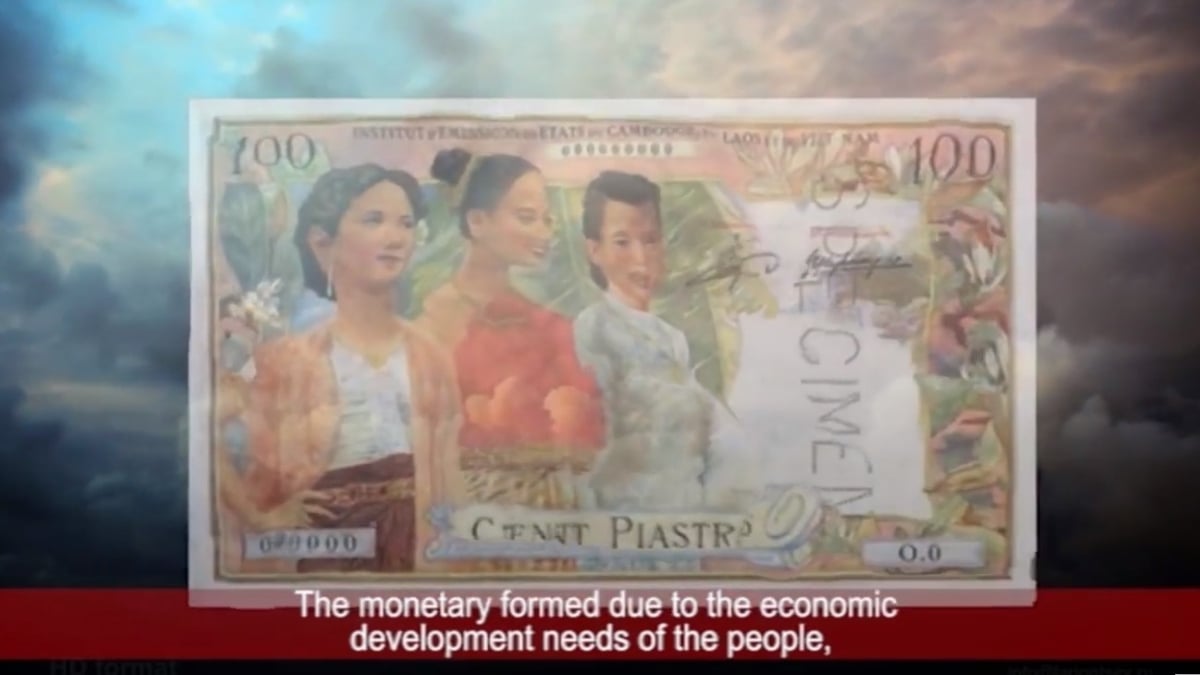
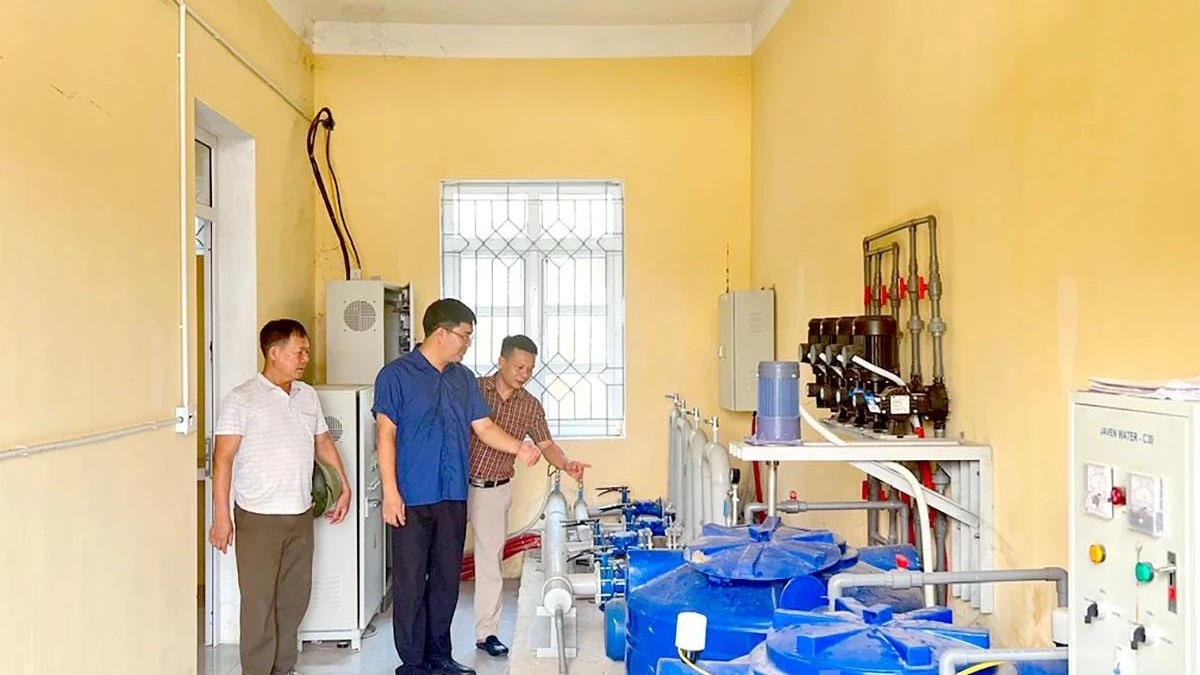
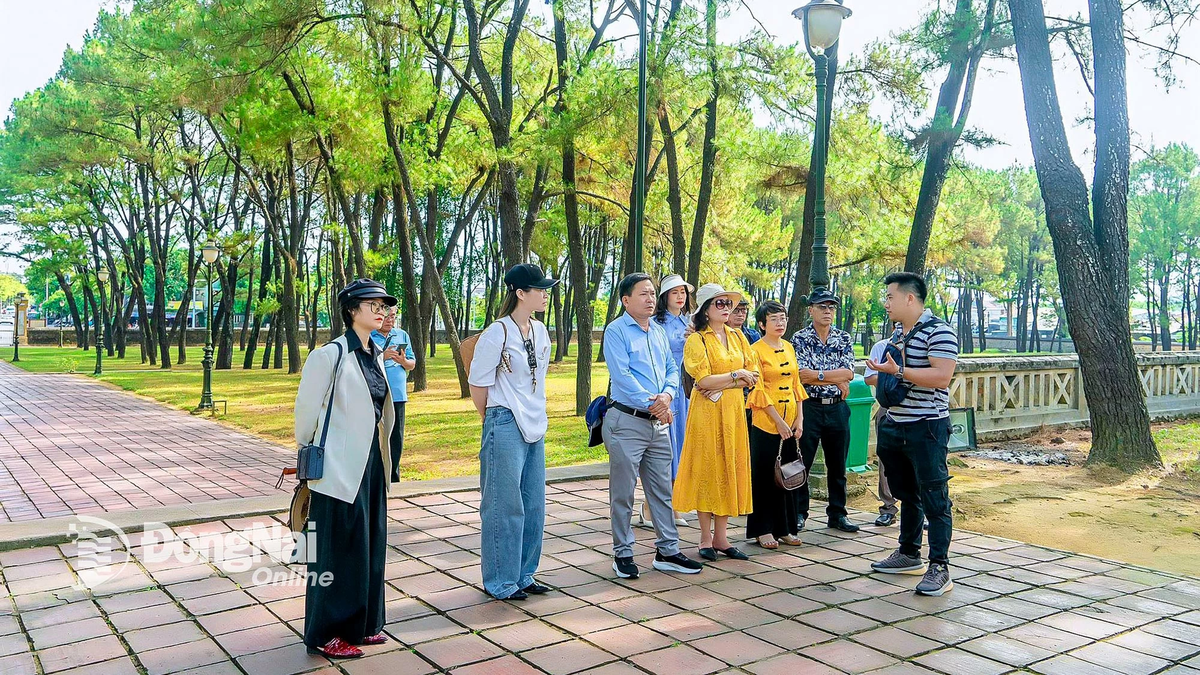

































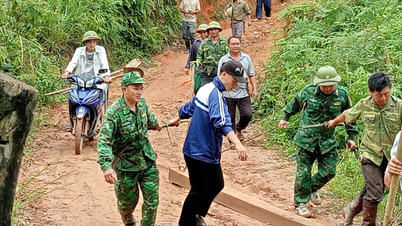

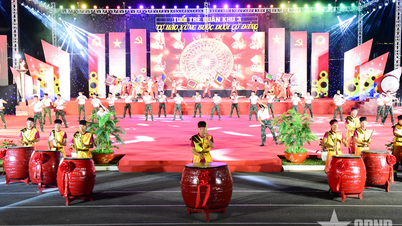




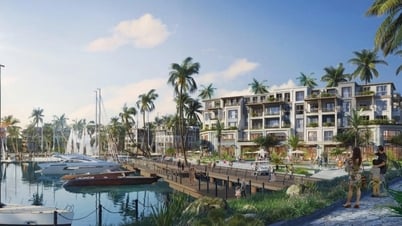
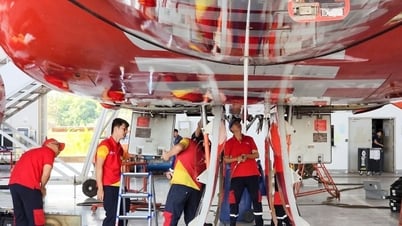

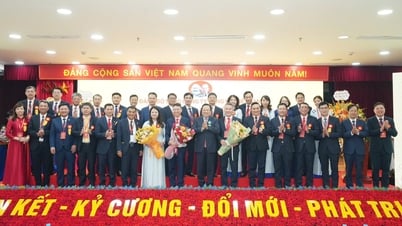



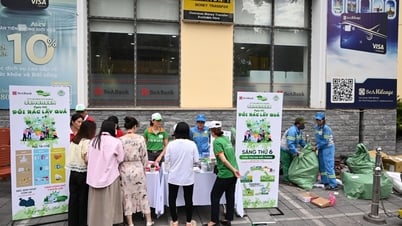

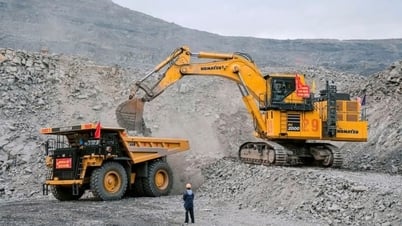




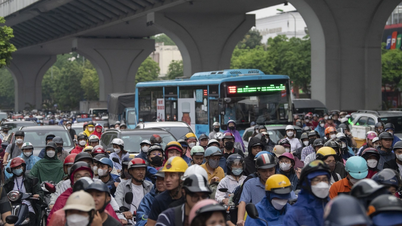

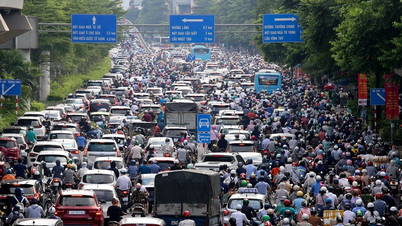

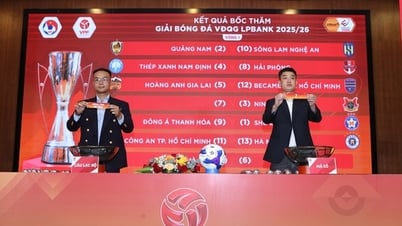

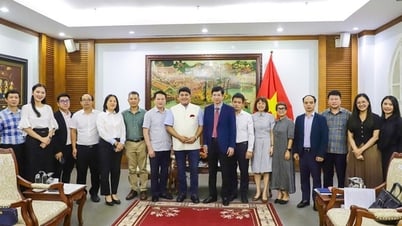



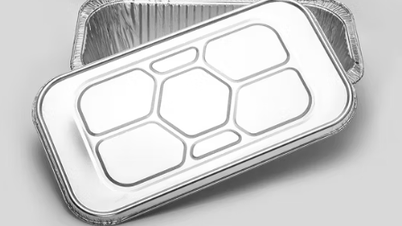























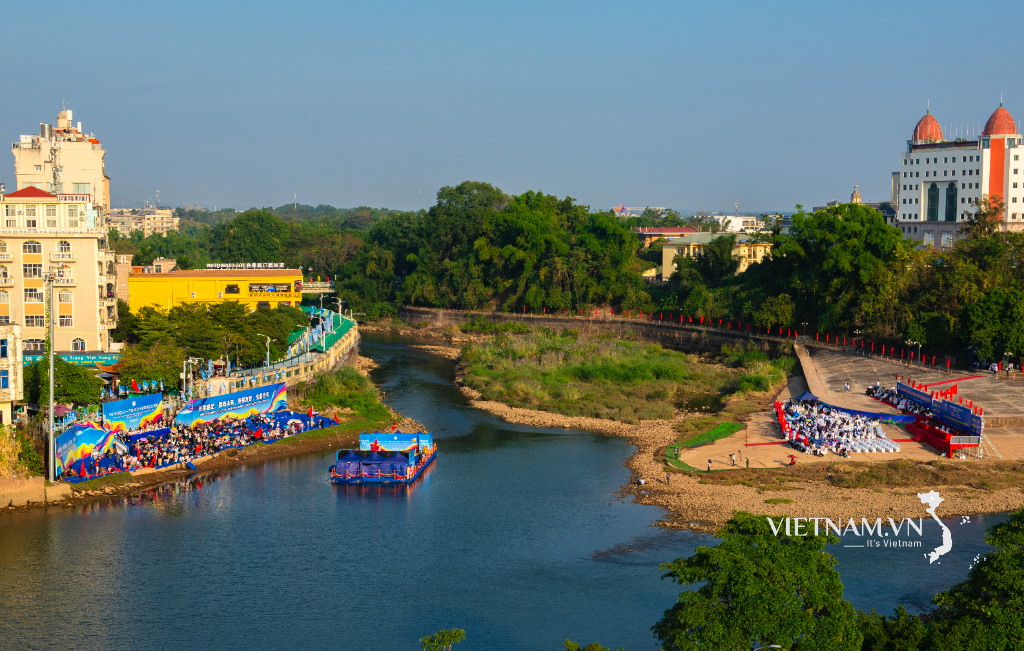

Comment (0)